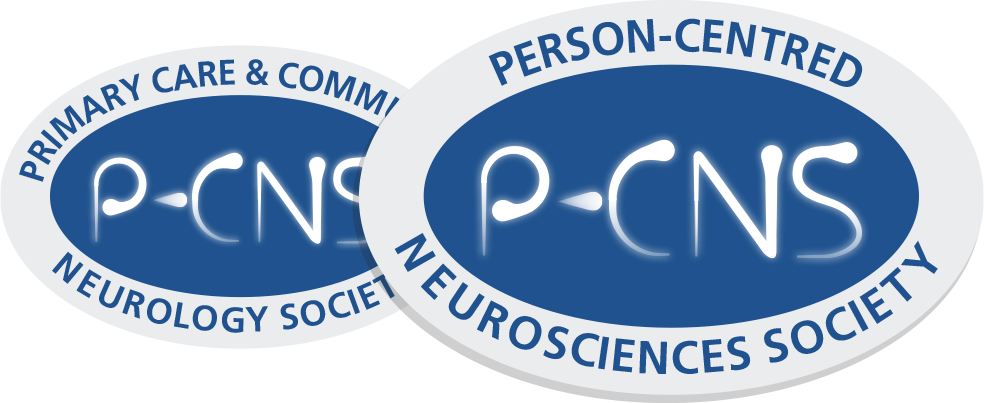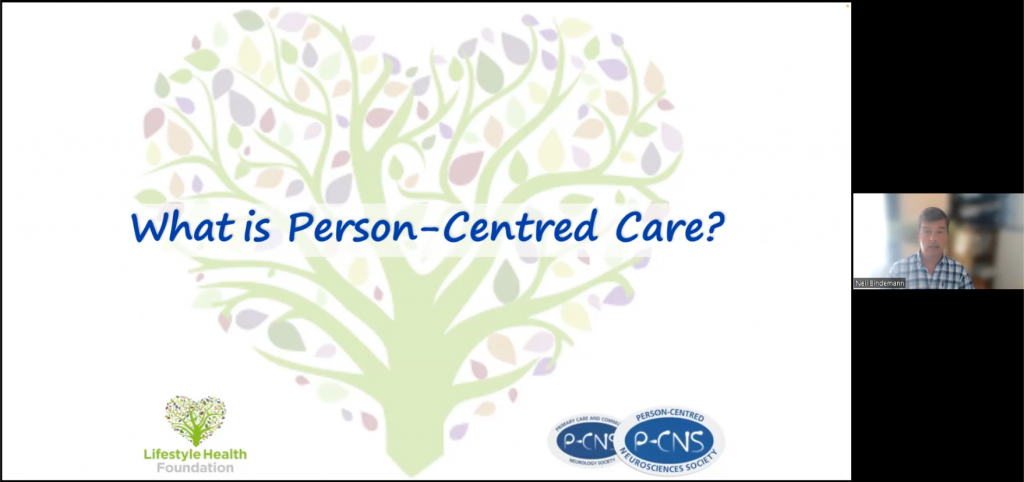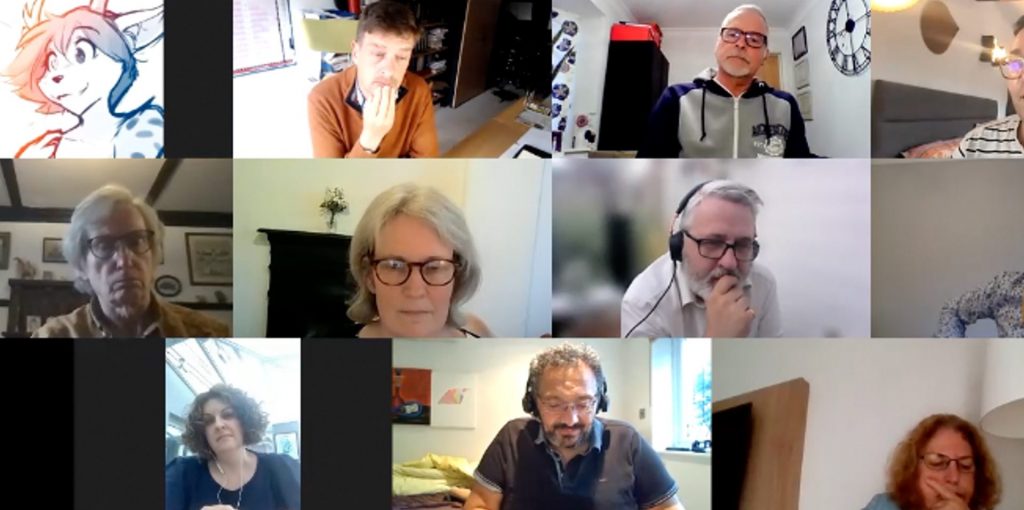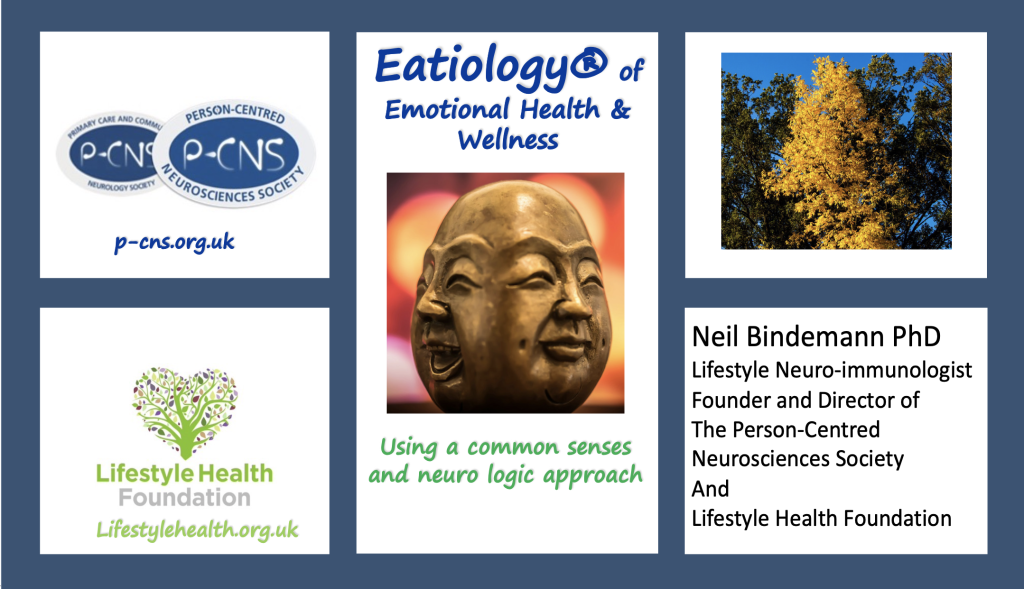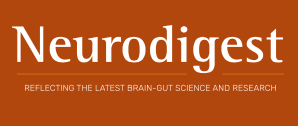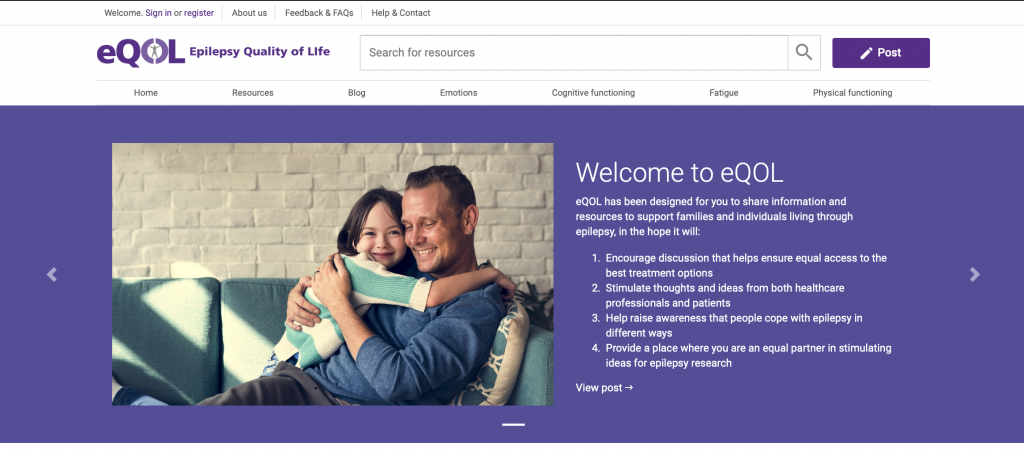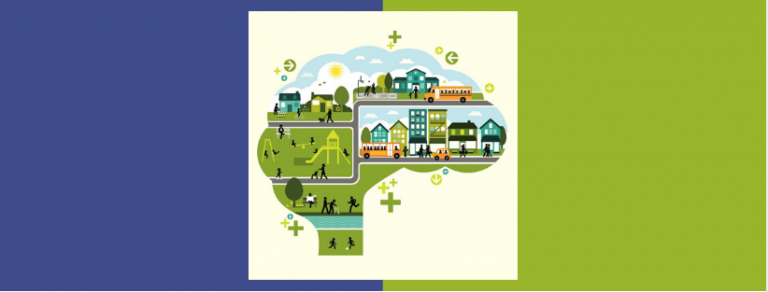Latest Activities
When Experiences Redefine What Matters
Neil Bindemann PhD, Exec Director of the P-CNS and a person with a living experience
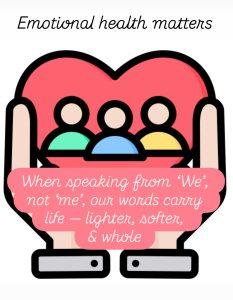
Perhaps, like you, I’ve been reflecting lately on how experiences shape what we come to value.
For me, that change of shift in shape began in 2015, when a major living experience completely changed my perspective.
It showed me that the drive to chase what many see as success — financial wealth, control, achievement — was not only what led to my illness, but what I now see as the root of much of our collective stress and what we perceive as suffering.
Those desires, though natural, often draw us — adults and children alike — away from what truly matters.
That living experience taught me that the greatest gift any of us can offer is simply to be here: alive, present, and able to share life with one another.
Since that moment, my focus has been simpler: keeping life steady, doing my best to make sure what’s essential is cared for, and creating space for connection — at home, at work, and in everyday moments.
Over time I’ve come to see that support, whether in a family or a team (work or leisure) isn’t just about doing or providing. It’s about love, steadiness, and presence.
For me, it’s also not about “giving back,” because that would mean we had first taken something away.
It’s about recognising that we already belong to something shared — one life, one community, one flow of care.
The world often rewards control, perfection, and constant doing. But life itself can and does reminds us that imperfection, simplicity, and being here — together — are what make us whole.
When we act from the heart, we act from the we, not the me.
So if you find yourself feeling the weight of expectation, remember: you don’t have to do more to be enough.
Sometimes the most powerful contribution we make is through our presence — our willingness to show up with kindness, gratitude, and heart. 🙏❤️
This short artlcle was first published by Neil Bindemann on the LinkedIn social media platform, and can be found, along with other material from this link.
Eatiology of Emotional Health & Wellness
In his 15 min talk, P-CNS Exec Director, Neil Bindemann PhD, takes the viewer through, in simple logical steps, some of the science to explain why and how the answer to our wellness lies the expression of all emotion. You can watch it from here
The Hidden Sensory Cost of Antidepressants and The Therapeutic Value of Fasting
Neil Bindemann PhD, P-CNS Exec Director and Neuro-Immunologist, in this short article first shared on LinkedIn, shares some of the evidence-based research, highlighting a very significant ‘hidden cost’ associated with antidepressant medications.
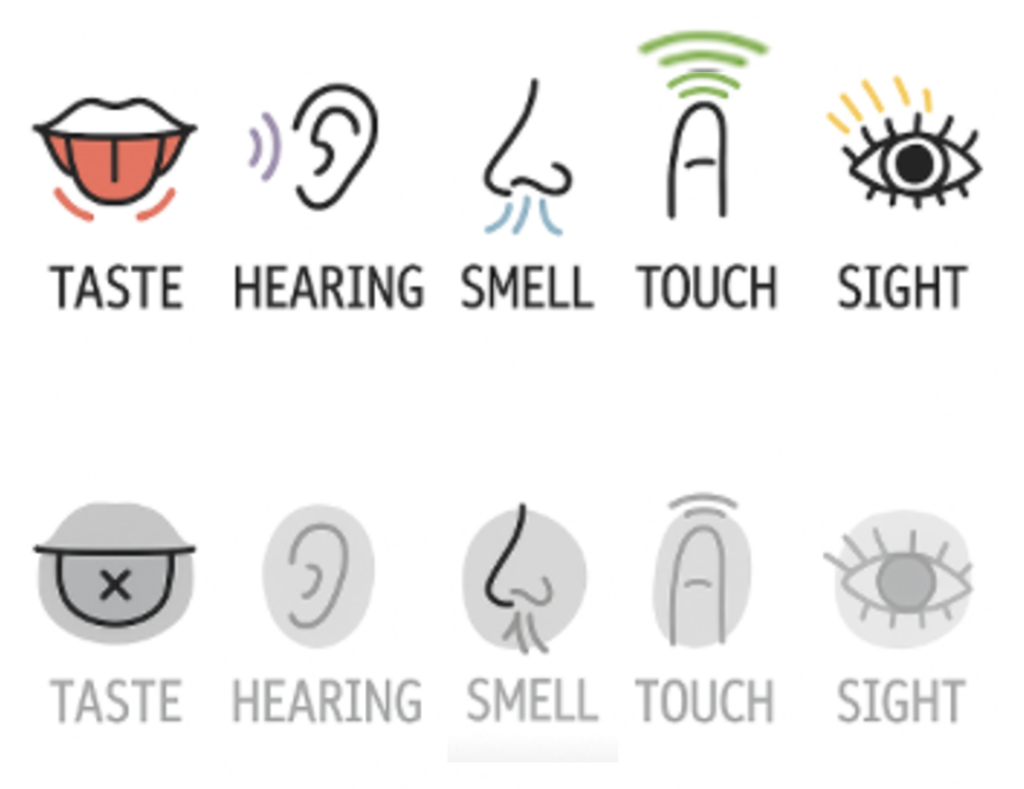
What can it feel like for a person who is told they are neurodiverse?
The attached article was originally posted during a week in which people celebrate neurodiversity;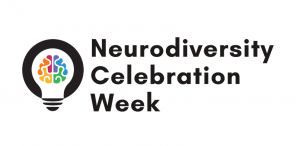
A week when people use the following hashtags: #NeurodiversityCelebrationWeek #NeurodiversityWeek
Delivering more person-centred lifestyle neuroscience services (in a van)!
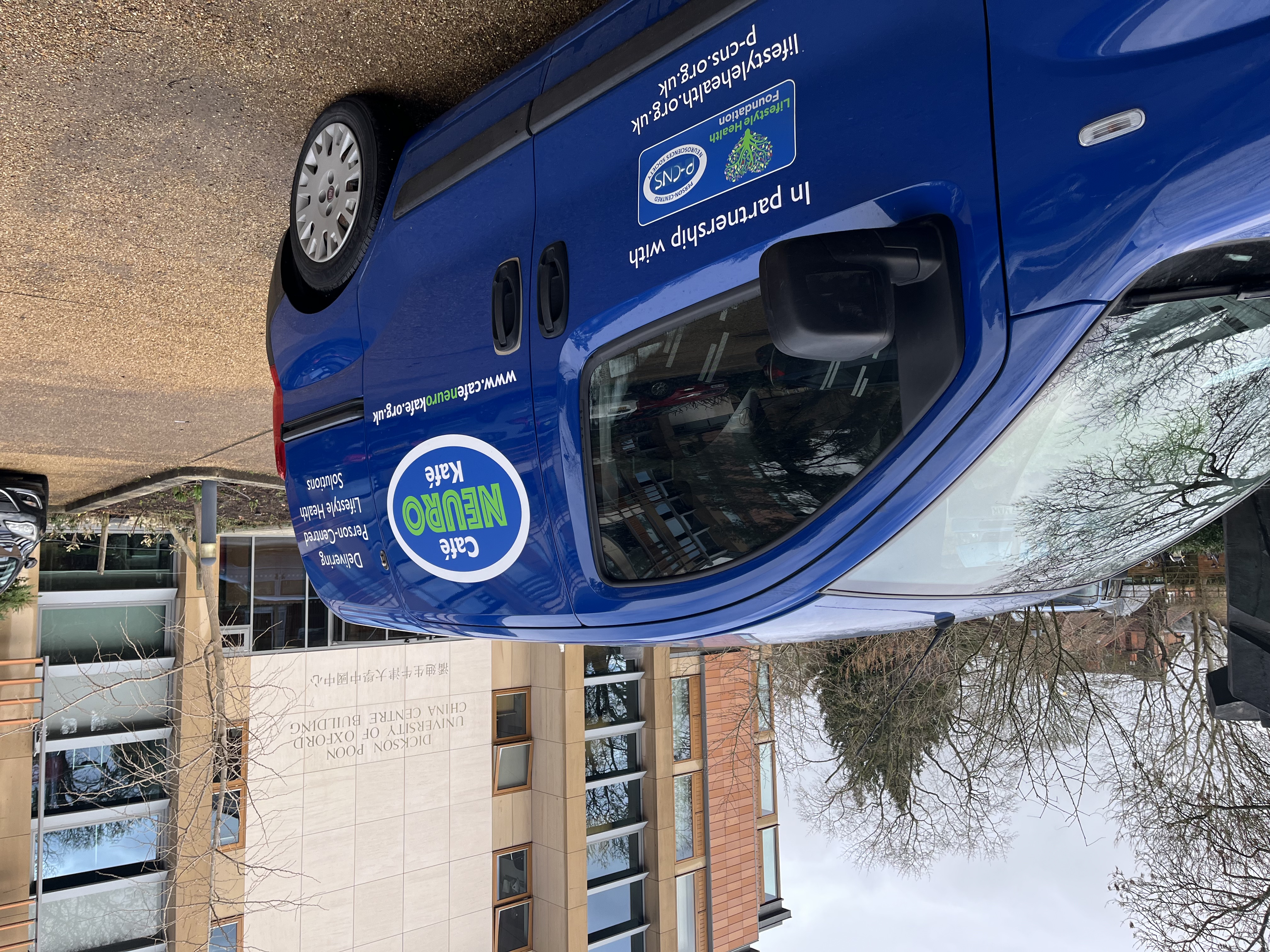 P-CNS visited Oxford University to be part of a meeting to discuss the creation of a new more person-centred neurosciences education initiative, to tackle the phenomenon of Neurophobia
P-CNS visited Oxford University to be part of a meeting to discuss the creation of a new more person-centred neurosciences education initiative, to tackle the phenomenon of Neurophobia
It was data from a large survey of people who had experienced a life-impacting event or news, run in 2020, and published in the Eur J of Integrative Med in 2021, that lead he P-CNS to better understand the term “person-centred“. Since that moment the P-CNS has been working to help raise awareness and support the delivery of more person-centred, trauma-informed services, and to join forces with other important organisation to begin tackling “Neurophobia“.
What Does Trauma Feel Like?
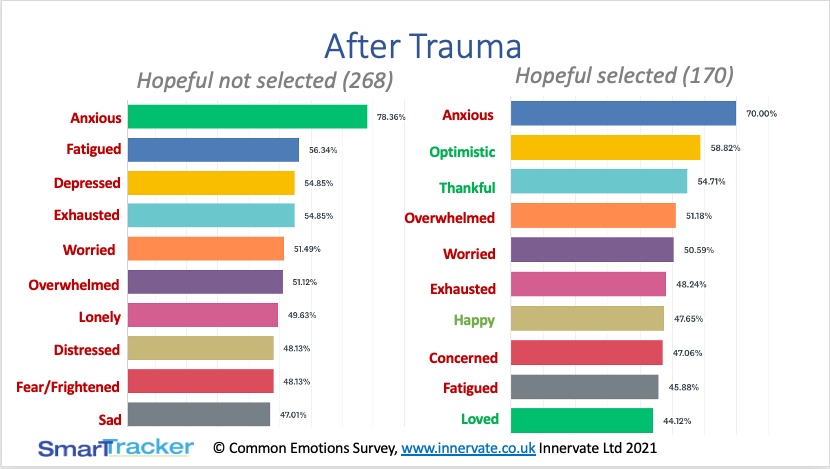
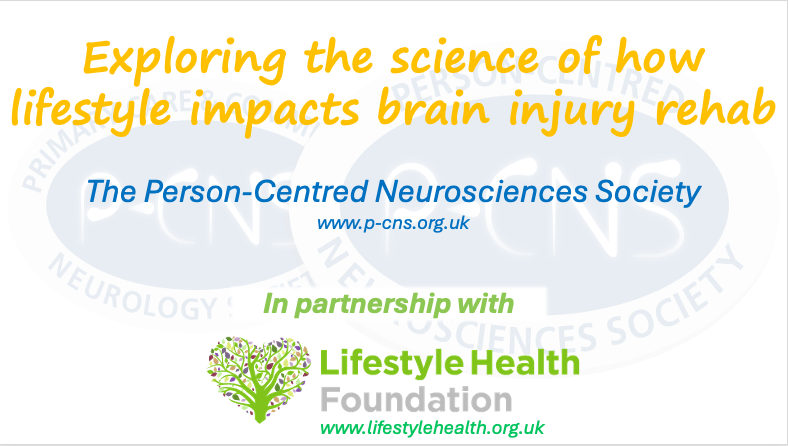
To read a selection of short summaries of key research papers that highlight the significance of the foods we eat and how stress impacts the success of a rehab programme after a brain injury, click here.
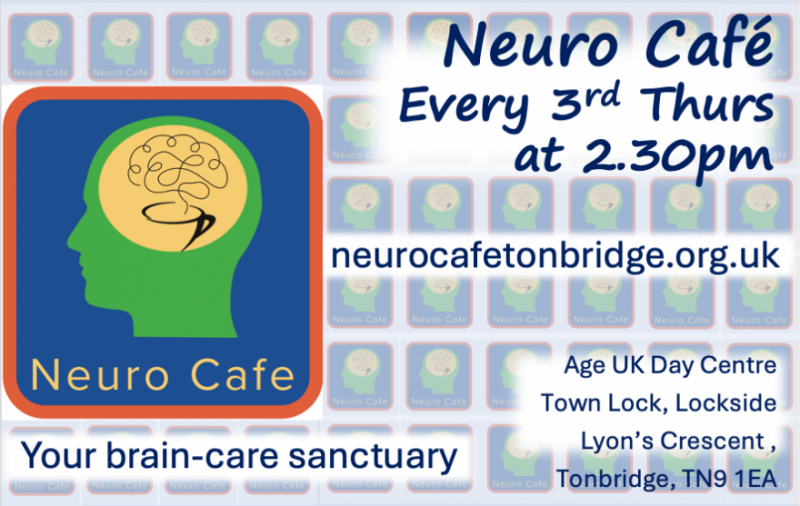
Launching in April 2023, the Tonbridge Neurocafe is place and space for people living in the Tonbridge area, touched by a neuro condition to come together, currently once a month. It is a safe and friendly space to meet others, give support and receive support. The main aim is to bring a community of people together who can encourage (within the group) a creative mindset, with the hope that they transform a life-impacting situation into now that offers a sense of hope, for them and the wider community. To learn more leave your details with us, if you want to set up a Neurocafe in your ares, use the form found here.
Neurotalk
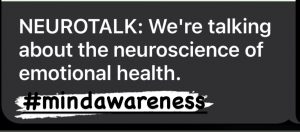
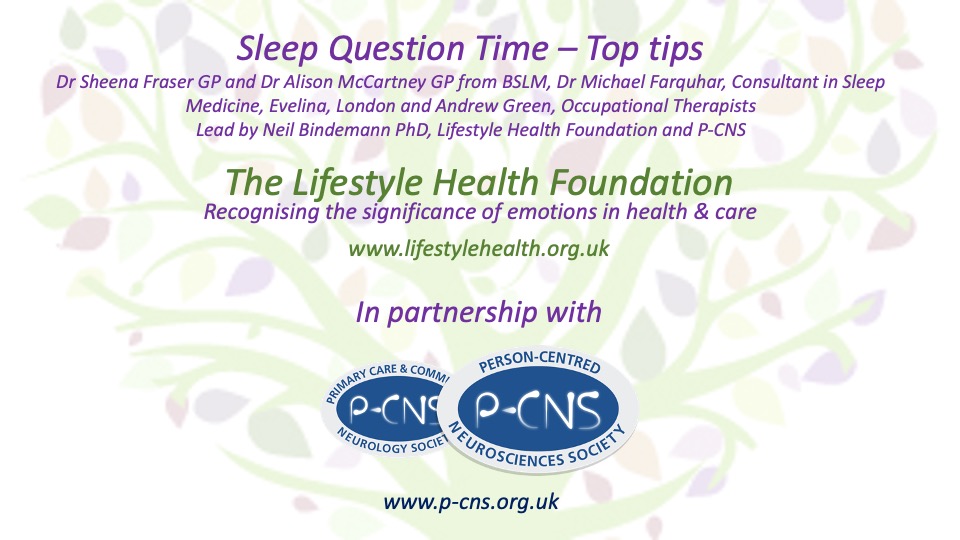
Help with Sleep – Top tips
We have added a selection of short videos that provide a number of top tips that were shared during a “Sleep Question Time” session run during the height of the COVID pandemic. The panel of healthcare professionals with an keen interest in sleep, both from primary and secondary care came together to share their knowledge of sleep and brought to the online Zoom webinar a combination of both personal and professional experience. The panel included sleep consultant, Dr Michael Farquhar, from Evelina London. To learn more about this series of video click on ‘Watch now’ or select the Sleep videos from the drop down from the ‘Resources’ menu option.
Watch nowNeurodigest is a growing UK-based magazine, created by P-CNS in partnership with ACNR, with the aim of providing a central resource to keep health professionals up to date with news and reviews that reflect the latest Brain-Gut science and research.
Our main editor is Gerard Clarke is a Professor of Neurobehavioural Science in the Department of Psychiatry and Neurobehavioural Science, and a Principal Investigator in APC Microbiome Ireland at University College Cork.
ebrain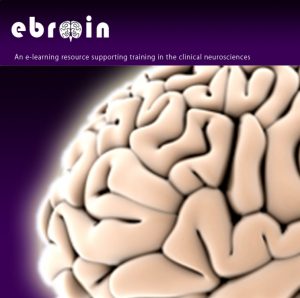
ebrain, run by the Joint Neurosciences Council, represents the largest, most comprehensive web-based training multimedia facility in clinical neurosciences to support both training and Continuous Professional Development for those working in relevant fields. Get free access by joining the P-CNS.
Click HereWho has the authority to write or say that a neuro condition ‘is’ progressive?
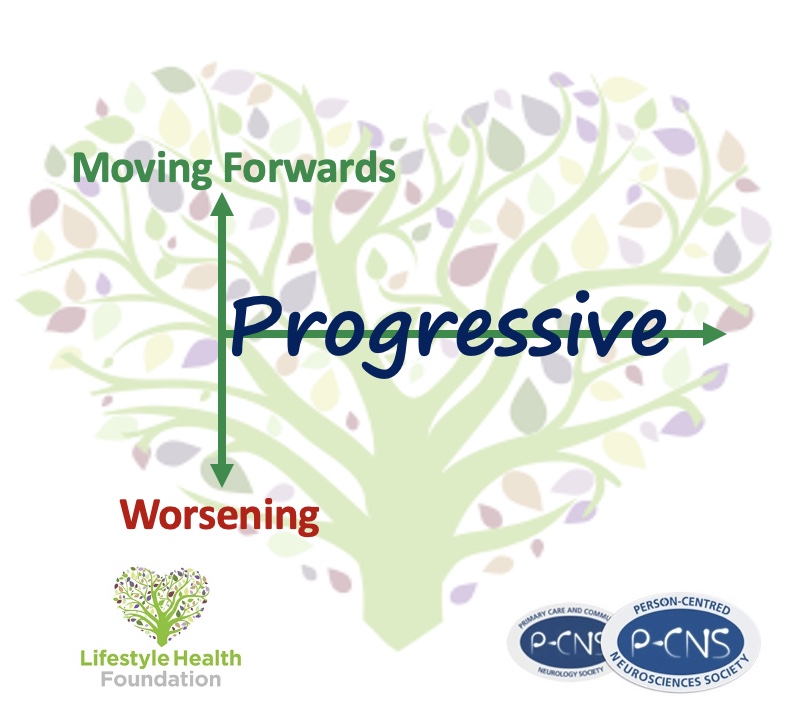
“Neither”, according to P-CNS Exec Director, Neil Bindemann, who explains, especially when a person or service is providing, or plans to provide, more person-centred care. He goes on to explain that perhaps more significantly, it is also neither if the service provider wish the person to have hope, and for them to receive a standard of care that empowers them “to live their best life.”
Why that should be the case, is explained by Neil, in a short article in which he makes reference to two contrasting statements written about Type 2 Diabetes. These are two statement that were published in two highly respected medical journals, over 20 years apart. You can read those statements and his very short article from this blog post.
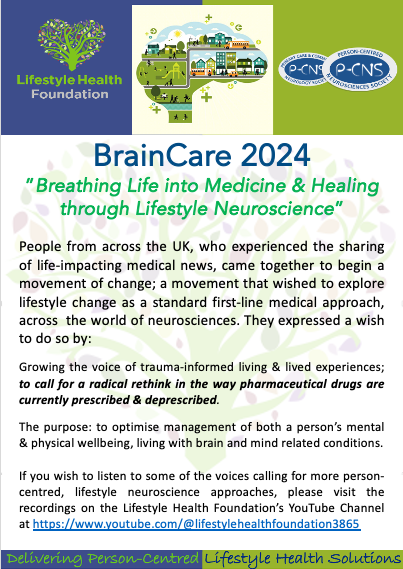
Person-Centred Care Thoughts
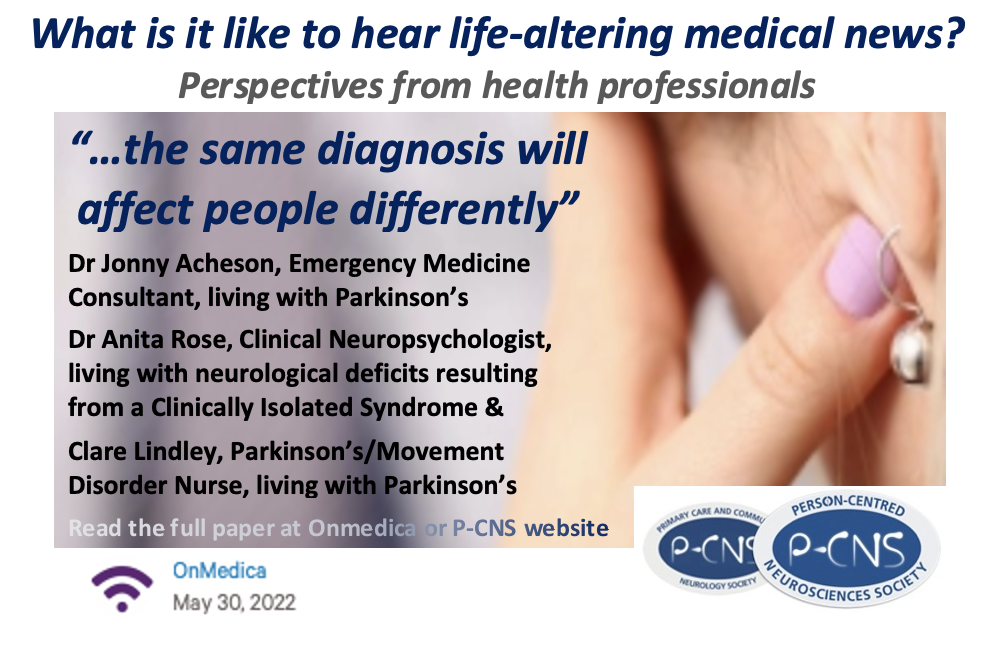
Members of the new Person-Centred Neurosciences Steering Committee contributed to the writing of this paper. The aim of the paper was to offer a unique window into what it’s like to hear very challenging news, written with health professionals who have had to hear the news themselves! Click on the button below to read the paper.
Read the paper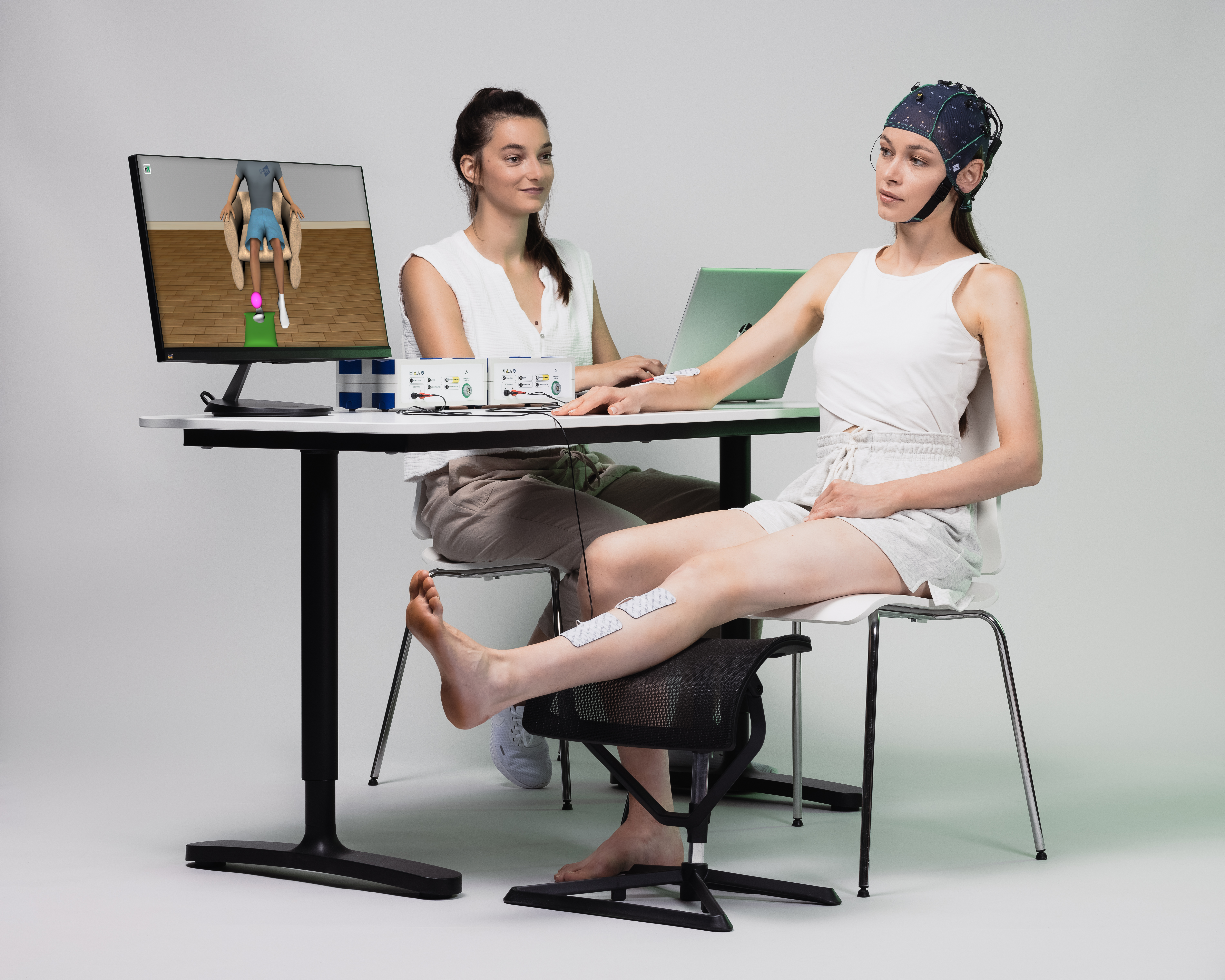
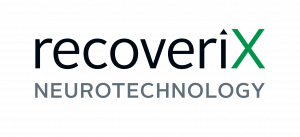
recoveriX Neurotechnology is a non-invasive brain-computer interfaces (BCIs)-based rehabilitation system to train upper or lower extremities of patients who experience motor impairments. It is currently used in hospitals, clinics and rehabilitation centers worldwide to treat stroke and MS patients. To learn more about recoveriX and g-tec medical engineering, our latest corporate partner, please visit our Partnerships page.
eQOL – Epilepsy Quality of Life
eQOL recognised the significance of lived experiences and has been designed for you to share information and resources to support families and individuals living through epilepsy, in the hope it will:
- Encourage discussion that helps ensure equal access to the best treatment options
- Stimulate thoughts and ideas from both healthcare professionals and patients
- Help raise awareness that people cope with epilepsy in different ways
- Provide a place where you are an equal partner in stimulating ideas for epilepsy research
Ketobakery.co.uk – supporting the person-centred work of the P-CNS
Ketobakery.co.uk, which was established at the end of 2022, is an online service set up to provide quick and simple approaches to eat foods that support people who wish to follow a ketogenic lifestyle, to balance or rebalance their health and wellbeing.
All profits from the sales going to help fund P-CNS work in collaboration with the Lifestyle Health Foundation and delivery person-centred lifestyle health services, such as the new Neurocafe in Tonbridge. To read the story behind the Ketobakery.co.uk and to start enjoying the health benefits associated with baking ketostyle, please click on the www.ketobakery.co.uk window.
Open!Resources 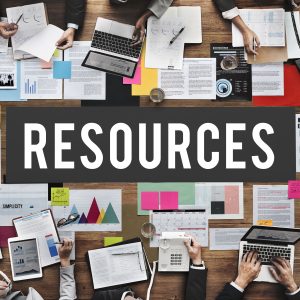
We have an array of resources available from our website, including videos from P-CNS neurology studies days, and presentations from a workshop on Parkinson’s lead by Dr Tom Britton and another on Headaches lead by Dr Andy Dowson. To access these plus e-brain please register and pay the one off joining fee of £45
Click Here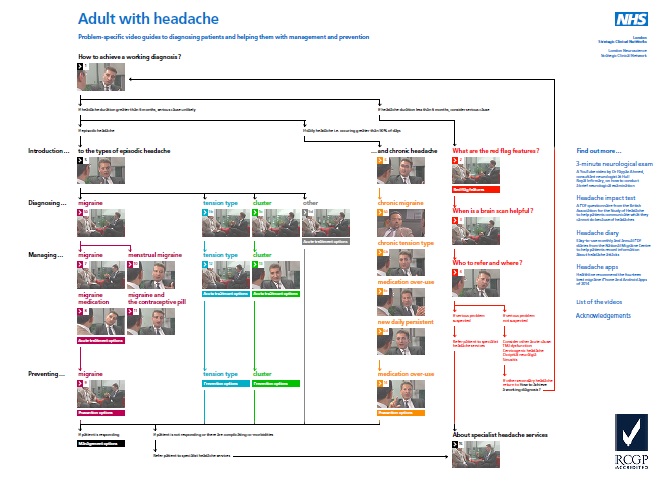
Neurosymptoms – video guides
These are information, educational tools and shared learning video guides for three common neurological conditions; headache, dizzy spells, faints and fits have been developed to support GPs in managing the majority of patients locally rather than refer them to a specialist as an outpatient.
Click Here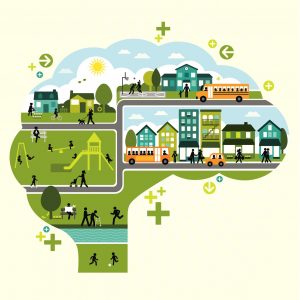
Complex Neuro in the Community.
Managing Complex Neurological Conditions in the Community was the topic of an event we held back in 2019. To access more information about the content of the conference and to watch the talks please use the “Click Here” button.
Click HereOn Facebook
As well as out P-CNS Facebook page, we have set up new Facebook Group for people to come together and share living experiences to help everyone live their best life, after receiving live-altering neurological news. If you want to become part of that community please come and join us on Facebook, where we also have a page where we aim to keep the Facebook community updated with our activities.
Find and like our Facebook page.